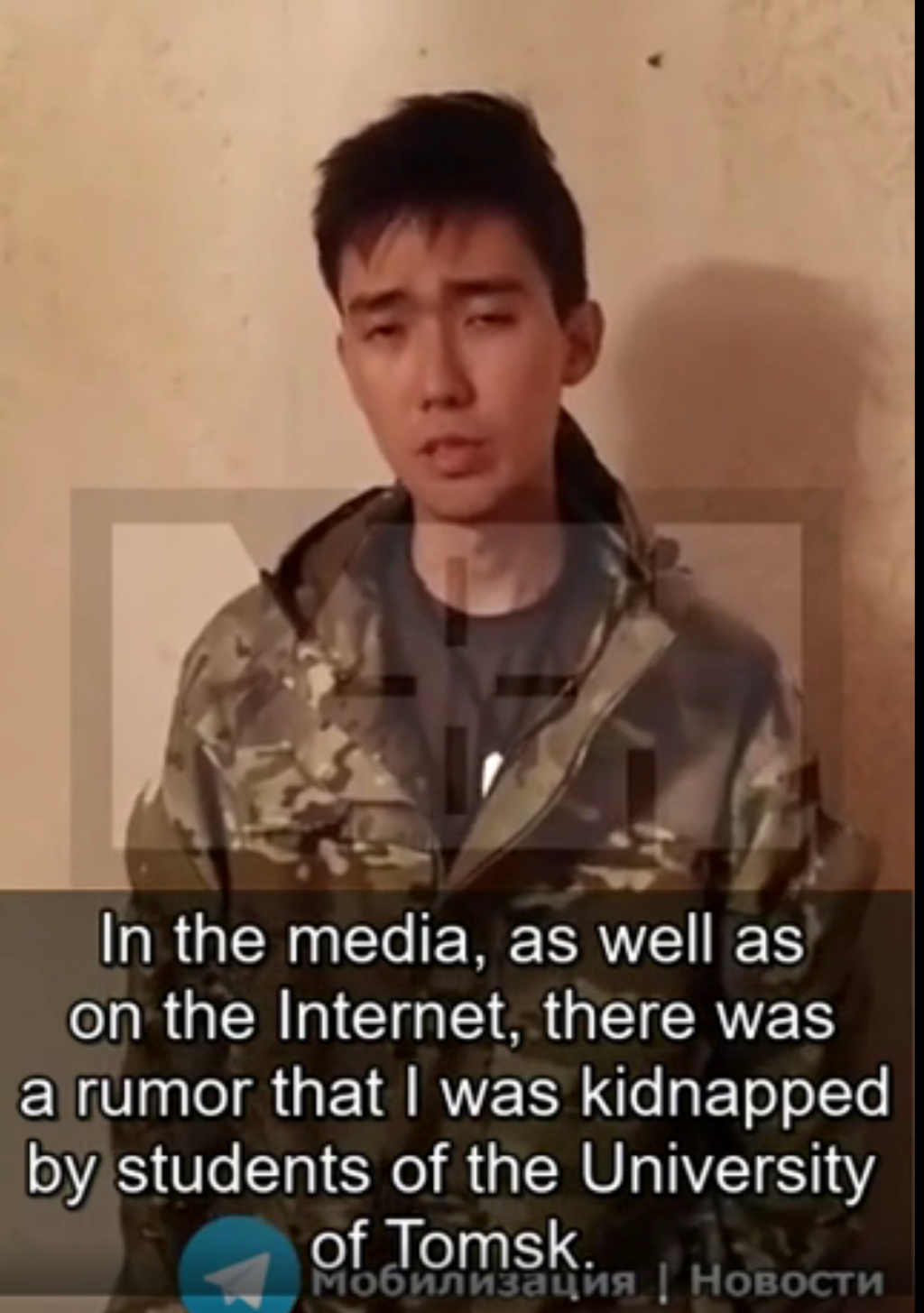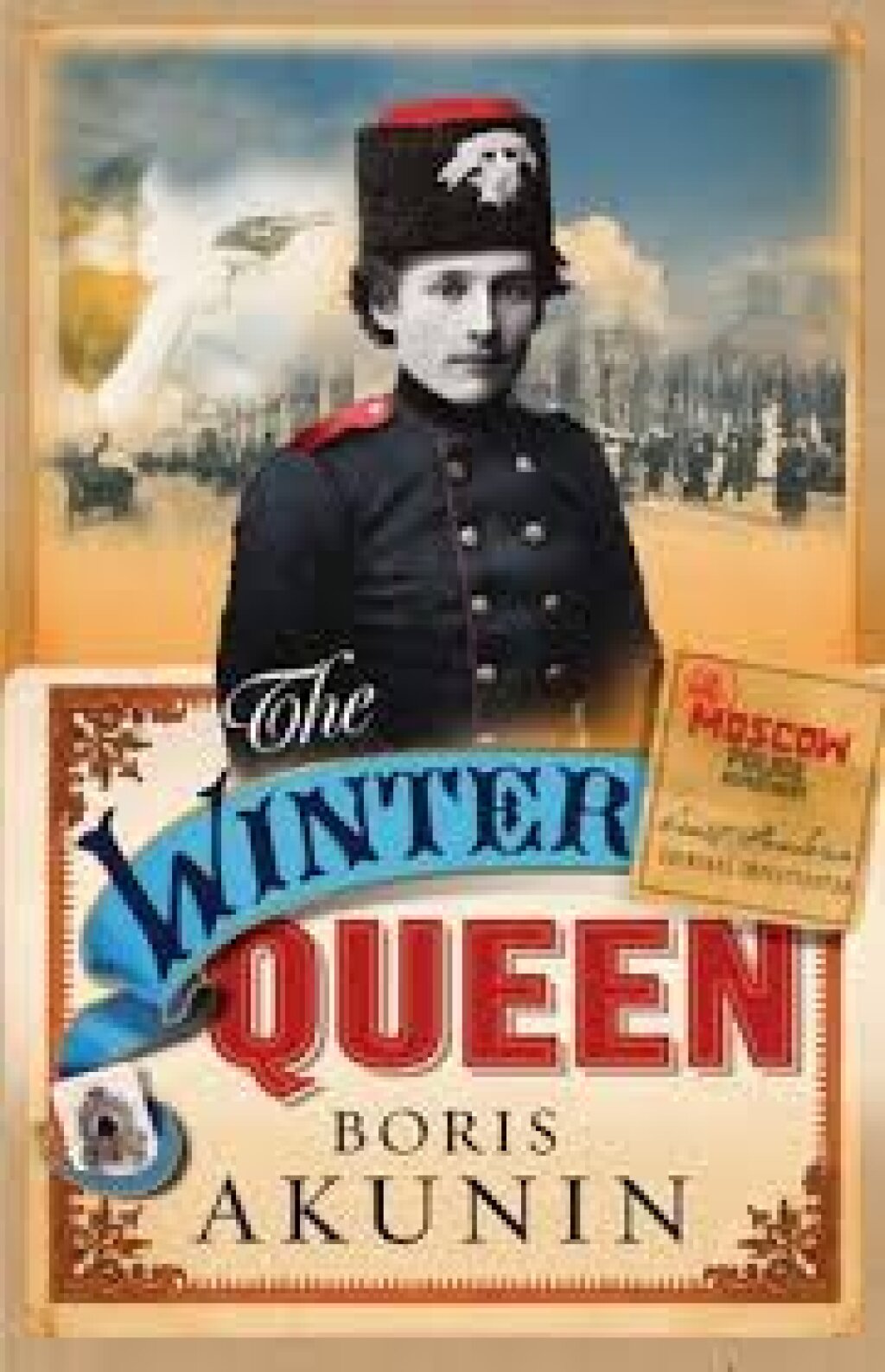Andrei Kureichyk is a Belarusian playwright, director, and publicist in exile. He is a resident of the Artists at Risk Program, a Yale World Fellow, a Henry Hart Rice Associate Research Scholar and Lecturer, a Fortunoff Fellow and a member of International PEN.
This post is an excerpt from Professor Olga Solovieva's forthcoming book, Belarus—Faces of Resistance, which documents the 2020-2021 Belarusian protests and will be out from Academic Studies Press in February, 2025.
Premonitions are strange things. They often start as a flutter of unease, a small wave of anxiety that sits sour in the stomach, foretelling something ominous. Even when you try to push it aside—rationalize it with hope, faith, or history—you can still feel it: that icy breath of catastrophe creeping ever closer. In 2020, I found myself in the grip of such a premonition, though I had never been the type to engage with politics. I was an artist. My life was built around creativity, around the theater and cinema of three countries: Russia, Belarus, and Ukraine. In my mind, politics was for other people, whereas my own path seemed set in the world of art and entertainment.
In that world, I had found success. My films grossed around 200 million dollars across the former Soviet Union, while my plays graced stages in dozens of theaters across the region. I had a family, a home, and my own film company in Minsk. By most standards, I was living the dream. But 2020 came, and with it, a rupture that would force me to reckon with more than just my art. It became a turning point for me, for Belarus, and for thousands of Belarusians.
For some, 2020 marked the greatest defeat of the Belarusian people. For others, it was the birth of the Belarusian nation. That year, my country awoke from its political slumber. Belarusians shed their passivity and realized, for the first time, their potential as an independent European nation. The cost of that awakening was steep: thousands of political prisoners and hundreds of thousands forced into exile, including myself. I have not set foot on Belarusian soil since then.
I was filming my last movie in Belarus that year, Liberté, Freedom. We shot on location along the border between Belarus and Poland, deep in an ancient forest. Isolated from the world, I received little information about the unrest brewing at home. But when we returned to Minsk, the air was thick with a sense of impending change. Lukashenka’s grip on power was faltering. His denial of COVID-19 and his refusal to enact social distancing had alienated him from the people. A groundswell of solidarity was rising in response to the pandemic. Belarusians were banding together, forming networks of mutual aid. They were beginning to realize that the state would not save them—they had to save each other.
This awakening of civil society was unprecedented. Connections flourished among ordinary Belarusians in a way I had never seen before. For the first time, the nation was questioning the government’s responsibility to its people. Nearly every Belarusian family had someone who had suffered or died from COVID-19, and everyone knew whom to blame. Lukashenka’s propaganda machine had shamelessly manipulated the death toll, but the truth was clear. Even in small towns and villages, people were waking up to the reality that Lukashenka was nothing more than a merchant of death, ready to send them to the graveyard for his own ends.
As the 2020 presidential elections approached, it became apparent that anyone who ran against Lukashenka could defeat him. Candidates came forward in droves: banker and philanthropist Viktar Babaryka, tech entrepreneur Valery Tsepkalo, and the outspoken blogger Siarhei Tsikhanouski, among others. Lukashenka responded as all dictators do when faced with a threat to their power: he threw his competitors in prison, one by one. But even he wasn’t bold enough to hold unopposed elections. Instead, he chose the candidate he believed was the weakest—Sviatlana Tsikhanouskaya, a housewife, and the wife of the imprisoned Tsikhanouski. She had no public profile and no political experience, making her a perfect target for a dictator who controlled every aspect of the media and held her husband hostage.
I remember the day in May when my friend Aleksandr Dobrovolsky, who would later become Sviatlana’s chief political adviser, called me. He told me she was terrified. She was facing a decision: to stay in the race and put her children in danger, or to withdraw and leave the people with no alternative to Lukashenka. He asked me if I could help her. It was a moment of existential choice, not just for her, but for me, too. I had always stood on the sidelines of politics, but in that moment, I knew I could not stay silent. I joined her campaign.
I threw myself into the work. I created political blogs, which quickly gained traction. I wrote scripts for her rallies. I attended protests, supported her publicly, and found myself part of a growing movement. I wasn’t alone. People from every corner of society—from culture, education, business, and IT—joined the campaign. And within two months, Sviatlana Tsikhanouskaya had become more popular than the dictator himself.
Election day was a moment of extraordinary hope. I remember the long lines of people in Minsk and in towns and villages across Belarus, all waiting to vote for her. We could recognize each other by the white bracelets we wore on our wrists. Millions of us, united by a single goal—to build a real nation. It wasn’t just about electing a new president. It was about becoming a democratic, European Belarus. It was about breaking free from the grip of Putin’s Russia and finally fulfilling the dreams Belarusians had held for centuries.
But then an epic battle began. Millions of us took to the streets. Lukashenka’s forces—tens of thousands of police and military—responded with brutality. They beat us, arrested us, dragged us to prison, raped us, and killed us. And yet, despite the violence, we remained, determined to stand for our right to vote. The country was on fire, and I was at the center of it all. No sector of society was left untouched. Factory workers, teachers, doctors, intellectuals—everyone came out to say “no” to dictatorship.
Four years have passed since that day, and what remains is a bitter taste. We won that election. Sviatlana Tsikhanouskaya won. But we couldn’t protect that victory. Many of the brave souls who stood alongside me ended up in prison, or in exile, like myself. Tens of thousands of lives were shattered. Thousands of families, including my own, were torn apart. Lukashenka held onto power by turning Belarus into a Gulag, humiliating millions, and selling our country to Putin in exchange for support. Belarus, as we knew it before 2020, no longer exists. What remains is a broken, violated bloodland.
Yet in a strange and paradoxical way, a new Belarusian political nation has emerged—scattered across the globe from America to Australia. We are united in our commitment to preserving our language, culture, and democratic traditions. And we are ready to return, ready to rebuild. I am part of this force, waiting to reclaim our country.
I left Belarus in a single day. My lawyer called me in the morning and told me I had until evening to leave the country, or I would be kidnapped and arrested like so many others before me. I thought I would be gone for a few weeks, but I haven’t returned since. I haven’t seen my family, my children, or my friends for years. Lukashenka is now trying to take everything I have left in Belarus, but I am not afraid. I know the day will come when I will return, stronger, more educated, with ideas for reforms and new artistic projects. What I can never regain is the time I lost without my children. And when I think of that, I think of the political prisoners still languishing in Belarusian prisons, cut off from their families and the world.
This is why I wrote Voices of the New Belarus, a play based on the words of Belarusian political prisoners, from Nobel laureate Ales Bialiatski to Vitold Ashurka, who was tortured behind bars. This is why I organized over 200 readings and showcases of Insulted. Belarus, my play about the Belarusian protests. This is why I continue to give lectures on Belarusian protest art, sharing our story with the world.
In 2020, we tried to break free from the cycle of historical mistakes. Lukashenka lost, defeated by a modest woman who had never been in politics, a woman who spoke with hesitation and no polish, who lacked charisma but overflowed with empathy. Belarus chose humanity over cynicism. We stood on the brink of something new. And although we were forced into exile, into prisons and graves, the world now knows that Belarusians exist. We exist, and we will return.






